GĐXH - A patient with rectal cancer has symptoms of passing small stools like goat droppings, bloody mucus in the stool, accompanied by intermittent abdominal pain when passing stools for about a month now.
According to information from Hung Vuong General Hospital, recently, doctors here received and treated a 68-year-old male patient with rectal cancer .
It is known that the patient was admitted to the hospital with small stools like goat droppings, bloody mucus in the stool, accompanied by intermittent abdominal pain when defecating for about a month. The patient was admitted to the Oncology Department - Hung Vuong General Hospital for treatment.
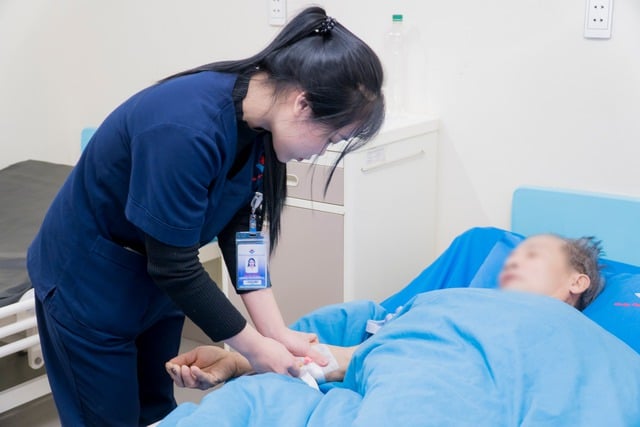
The patient is in stable health after surgery. Photo: BVCC
Through examination and paraclinical testing, the doctors discovered that the patient had a high rectal tumor suspected of being cancerous. After consultation, the diagnosis was unanimous: High rectal cancer cT4aN1M0. The patient was indicated for surgery to resect the colon and rectum and immediately remove the connecting lymph nodes.
Currently, after 8 days of surgery, the patient is eating normally, in stable health, and continues to be monitored at the Oncology and Intensive Care Department.
Through the above patient case, doctors recommend that people should have regular health check-ups and cancer screening, especially for gastrointestinal cancer in people over 50 years old, which is extremely important and should be done at least once every 2 years for low-risk subjects.
5 warning signs of rectal cancer, need to be examined early
Change in bowel habits
The most recognizable sign of rectal cancer is a change in bowel habits, including: constipation or persistent urge to defecate despite having had multiple bowel movements, and diarrhea.
Narrow shaped stool
Changes in stool shape are also a sign of rectal cancer. Small, flat stools are caused by a tumor blocking the stool. If the stool is small, flat like a pencil or shaped like a rice leaf, the patient should go to the hospital for examination and to determine the exact cause.
Rectal bleeding
Bloody stools, bright red blood, drops of blood or blood mixed in the stool are also signs of rectal cancer. In addition, lesions such as anal fissures or hemorrhoids (benign diseases) also have symptoms of bloody stools. However, bloody stools due to hemorrhoids or anal fissures are usually fresh blood, while rectal cancer often has blood mixed with mucus. Therefore, it is important to determine whether the cause of bleeding is due to rectal cancer or not.
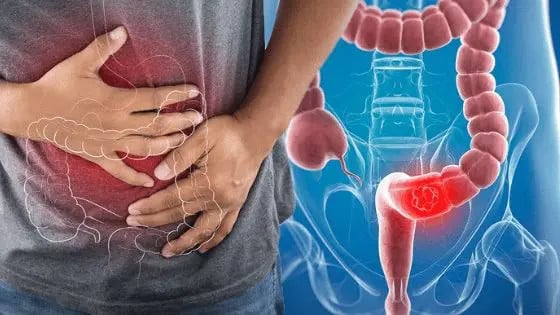
Illustration
Fatigue, weakness
Fatigue and weakness are among the symptoms of rectal cancer. The cause of fatigue in rectal cancer is often due to blood loss in the stool, dehydration due to diarrhea. The patient feels exhausted even when resting, accompanied by rapid physical weakness but no clear cause.
Unusual weight loss
Colorectal cancer is characterized by unexplained weight loss. This means a significant decrease in body mass that occurs even when the person is not trying to lose weight. Unexplained weight loss that is not caused by dieting or exercise can be a sign of cancer of the colon, stomach, or other parts of the digestive tract.
How to prevent colorectal cancer
Regular health check-ups
Regular health check-ups will help detect early symptoms of colorectal cancer. In particular, people with high risk factors or a family history of colorectal cancer are advised to have more frequent health check-ups. Colonoscopy after the age of 45 or earlier if there is a family member with colorectal cancer is one of the effective ways to prevent colorectal cancer.
Always maintain a healthy diet
Eat foods rich in protein from natural foods such as: Fruits, vegetables, cereals, meat, fish, egg whites, etc. At the same time, limit eating processed foods, foods high in energy and fat. In addition, you should limit alcoholic and carbonated drinks, etc.
Exercise regularly and avoid stress.
Exercise at least 30 minutes a day to improve your fitness and reduce your risk of obesity and colon cancer.
In addition, optimism plays a very important role in preventing cancer. Patients should maintain a positive mindset, fight the disease and have support from family, friends and doctors.
Source: https://giadinh.suckhoedoisong.vn/nguoi-dan-ong-bat-ngo-phat-hien-ung-thu-truc-trang-tu-dau-hieu-nhieu-nguoi-viet-bo-qua-172241230071503199.htm


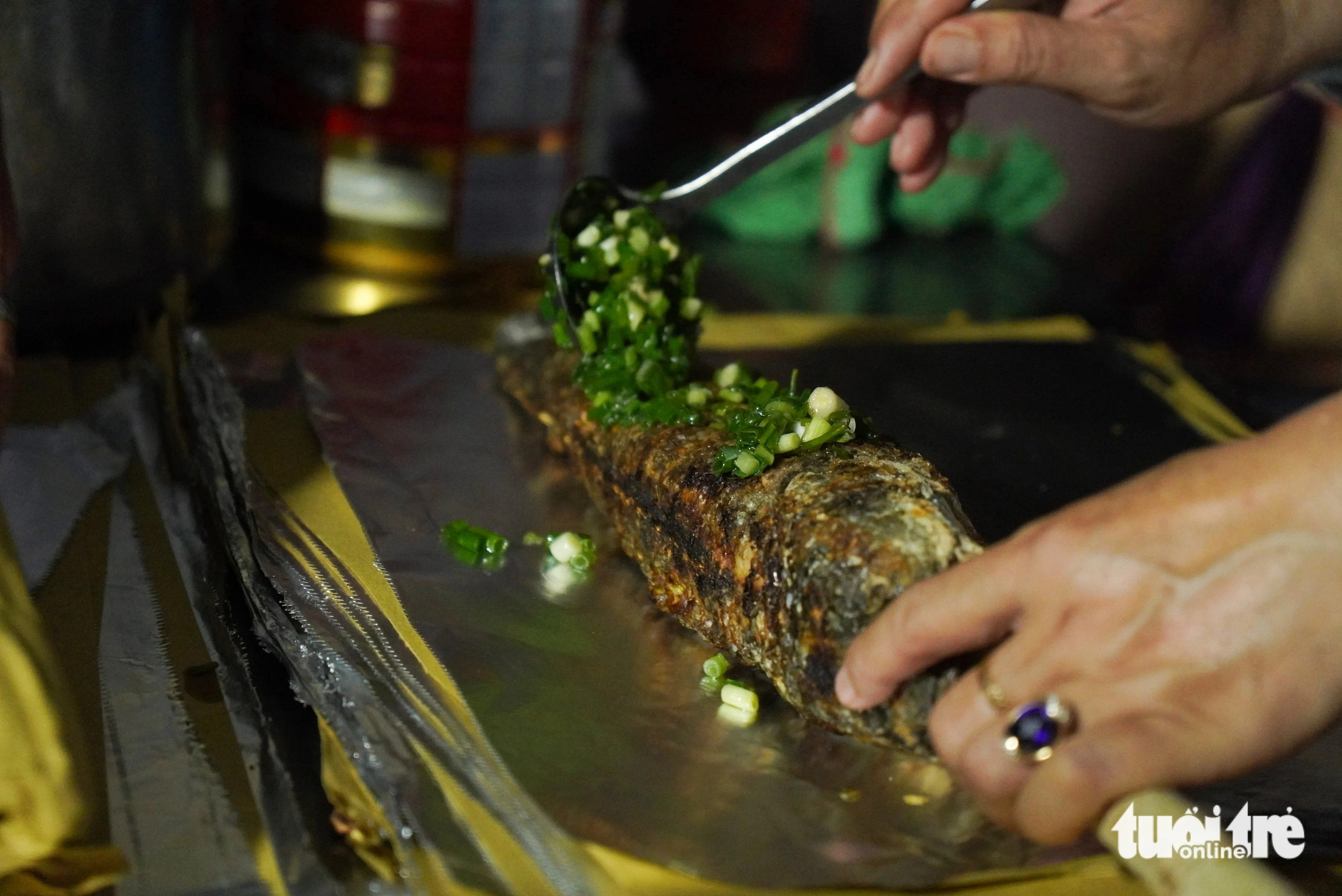



























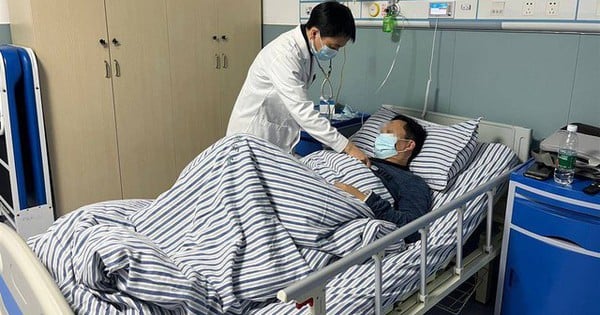
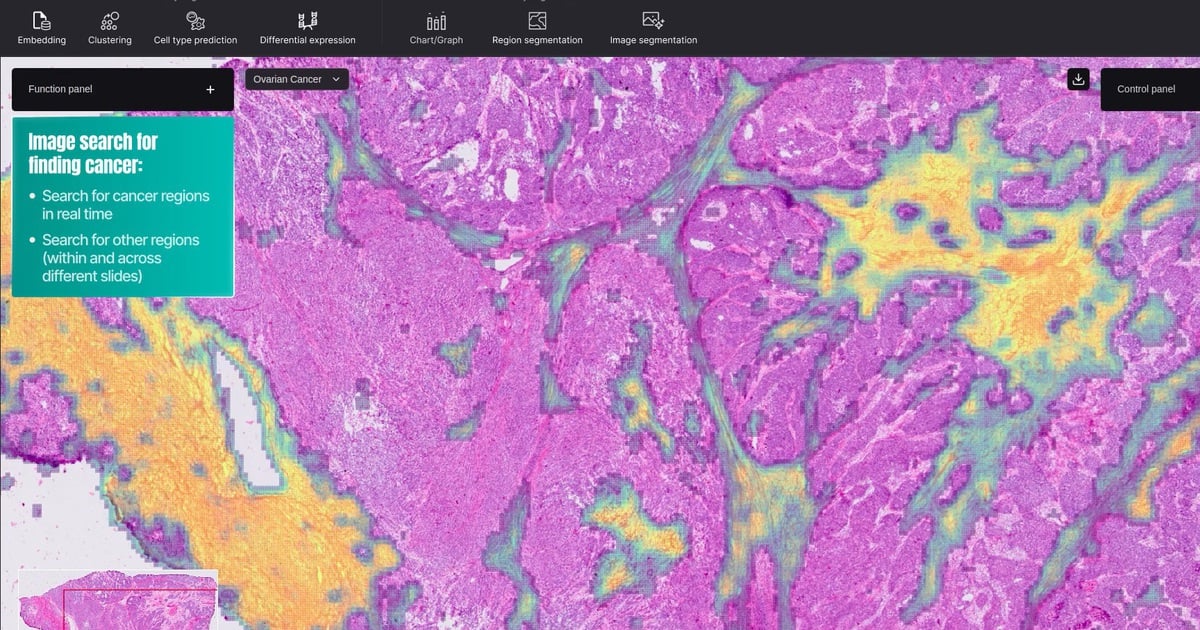








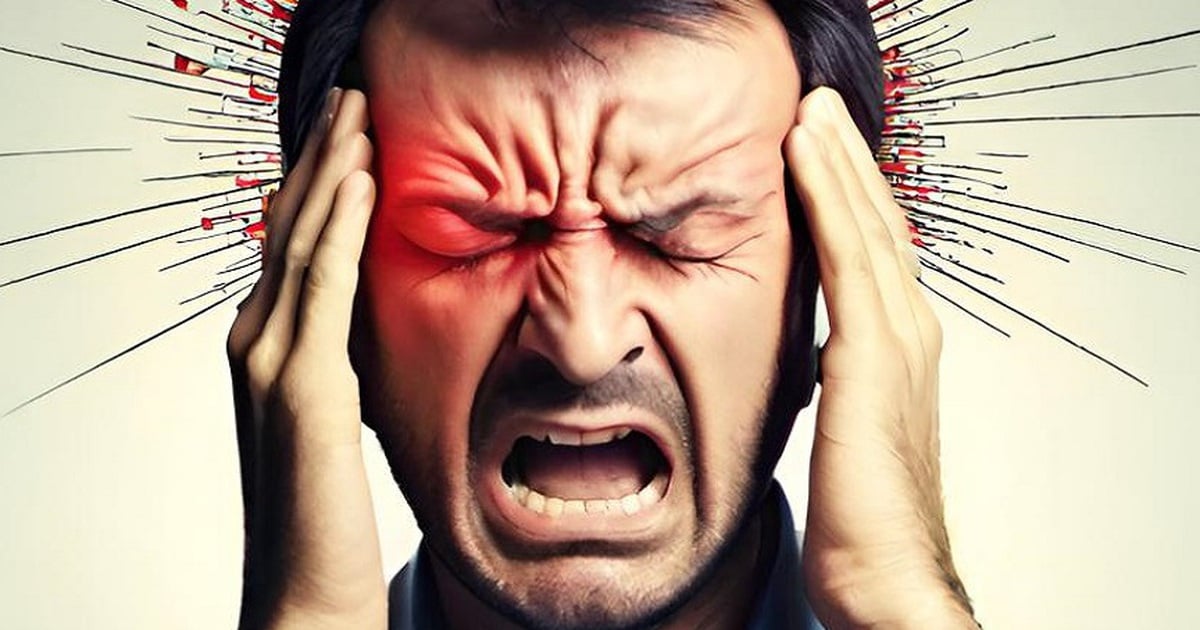
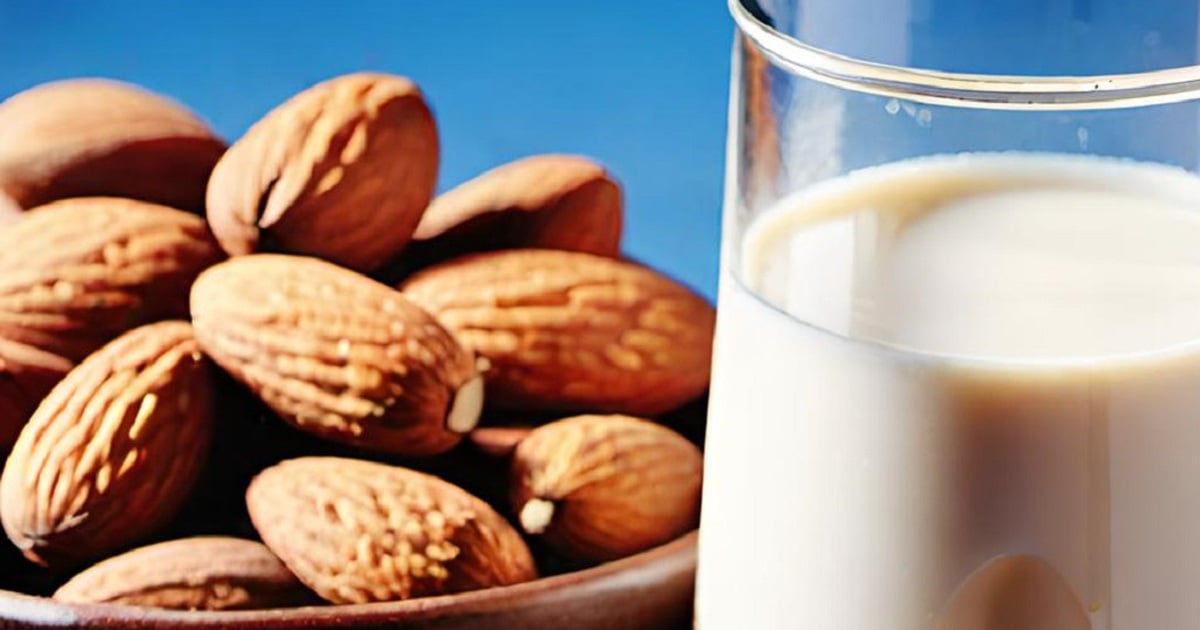


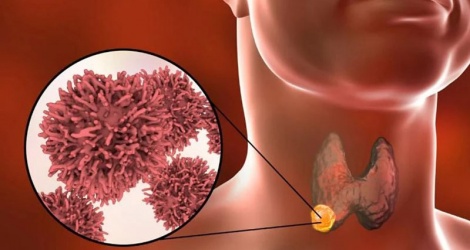



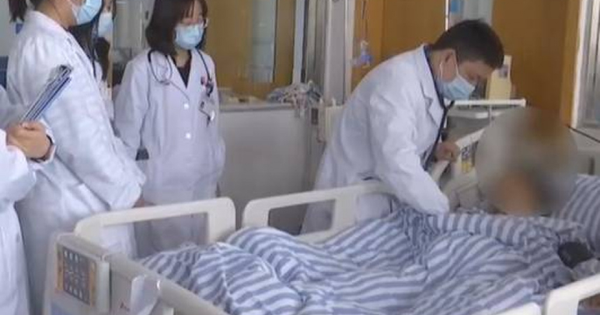

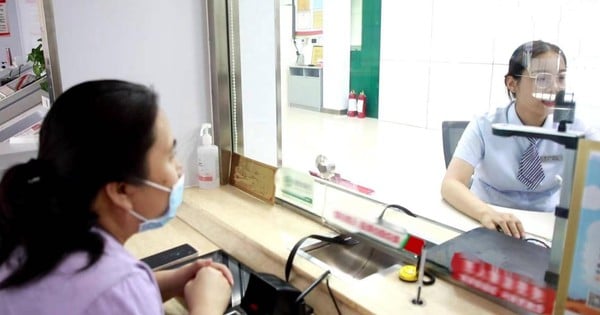













Comment (0)